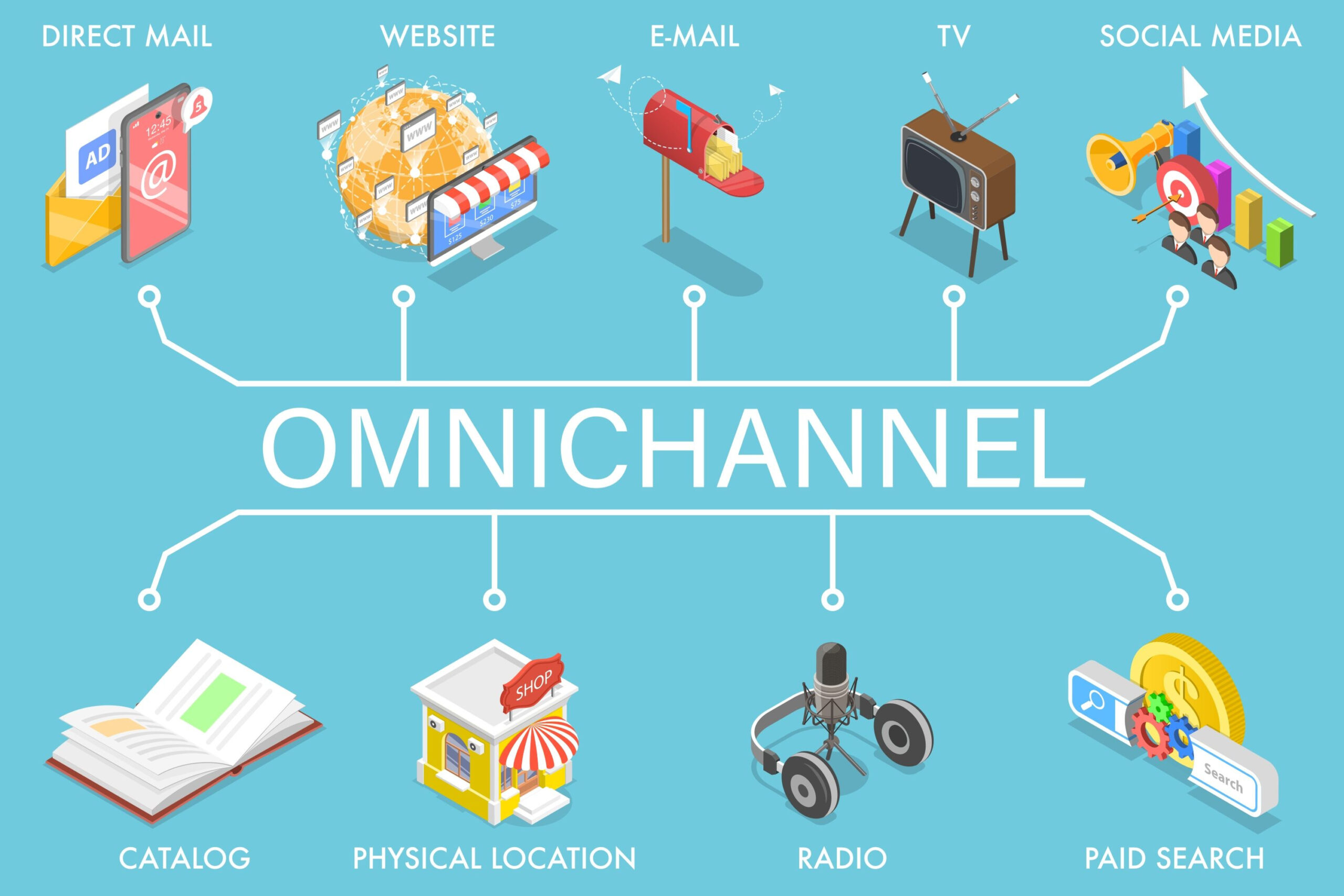When Did Walmart Become a Public Utility?
In a Medium post on Friday, Senator Elizabeth Warren proposed subjecting America’s tech sector to utility regulation. The proposal comes at a time when every company is proclaiming it belongs to the tech sector. Even as Sen. Warren defended the fact that her proposal to break up tech companies included Apple, Walmart was billing itself as a tech company at the SXSW Conference. The retail powerhouse might not be the first company to come to mind when discussing tech, but its e-commerce earnings surged by 40% in the last year.
Sen. Warren’s proposal is an extreme one, and it elicited negative reactions from progressives and conservatives alike. Pointing to research by economist Michael Mandel, the Progressive Policy Institute noted that her worries “apply less to the dynamic and fiercely competitive digital ecosystem than to America’s older and more static physical industries.” Even EU competition enforcer Margrethe Vestager, reputed as an aggressive enforcer, cast shade on the “far-reaching” proposal.
Having started my legal career representing regulated utilities, I speak from experience in saying that the business models of structurally regulated utilities and technology companies could not be more different. The cultural differences are similarly stark. You don’t subject highly innovative, dynamic firms to utilities regulation if you want them to stay dynamic and innovative, but that is what Sen. Warren has put forth.
Warren’s proposal states that technology services with greater than $90M in annual revenues (not profits) which offer an “online marketplace, an exchange, or a platform for connecting third parties” would be arbitrarily considered platform “utilities.” The largest of these firms (over $25B in revenues) would be compelled to divest parts of the company, and all platform “utilities” would be governed by certain “fairness” obligations.
As discussed in my previous post, “utility” is a word with a specific meaning, a meaning which has nothing to do with providing services via Internet connection. Utilities provide essential, non-differentiated commodities, over a capital-intensive infrastructure network, usually on a full-requirements basis, with government authorization, and certain government-granted privileges (like tearing up your street to lay infrastructure). Few, if any, of these criteria apply to tech services.
Sen. Warren’s proposal nevertheless appears to categorize everything from Walmart.com to the Microsoft store on its consoles, the Xbox Live Marketplace, as a “utility.” These firms would be “barred from owning both the platform utility and any participants on that platform.” Apple, for example, would be compelled to sell off its Apple App Store. “Either they run the platform or they play in the store. They don’t get to do both at the same time,” Sen. Warren confirmed to the Verge.
In short, Apple users could no longer buy Apple apps on the Apple App Store. Similarly, Google apps would seemingly be barred from the Android App Store, and Google Search could no longer point to Google Maps results, even if the Google Search algorithm has concluded that is what is most responsive to your query. A long parade of bizarre consequences would result from adopting such an industrial policy.
Some of the problems with Sen. Warren’s proposal result from the fact that “platform” is a notoriously malleable word, often used as an umbrella to encompass a large number of services with vaguely similar functions. A broader problem with Sen. Warren’s proposal is that it punishes successful businesses. Companies with $90M in revenues seemingly would be prevented from engaging in “hard bargaining” on behalf of their users, and the divestiture obligations on larger firms will require firms to discontinue offering products that are likely to be popular, if the firm has been successful enough to generate considerable revenue.
It is also peculiar that Sen. Warren points to antitrust for the basis for a utility regulation proposal. As noted previously on DisCo, utility regulation doesn’t take down monopolies; it institutionalizes them. That’s the whole idea. Utilities’ antitrust liability is limited. Under the “filed rate” doctrine, regulator-approved utility prices cannot be challenged. The assumption is that utilities are sole-source providers of an essential function, and regulators fix the rates that utilities charge for those essentials precisely because there’s no competition. Query what rates Sen. Warren’s utilities regulators would impose upon free-to-the-user Internet services, or Walmart.com transactions?
Curiously, Sen. Warren finds common cause with conservative provocateurs like Tucker Carlson and Alex Jones, who have gestured toward utility regulation because they felt conservative content was being disfavored relative to liberal content. While heavier tech regulation may poll poorly among Americans overall, calls to break up and subject companies from Apple to Walmart to utility regulation are guaranteed headline grabbers, which is critical during campaign season. Sen. Warren’s proposal may be dramatically misguided, and based on incorrect understandings of technology, but for as long as it attracts media attention, you can be certain that you haven’t heard the last of it.








